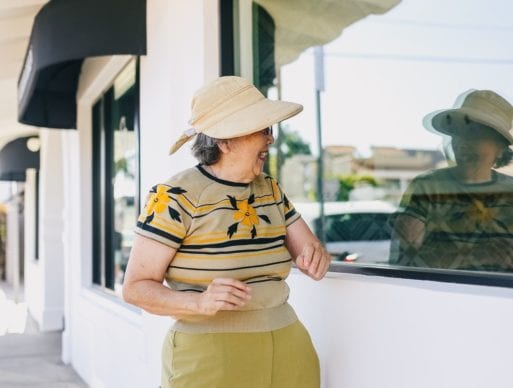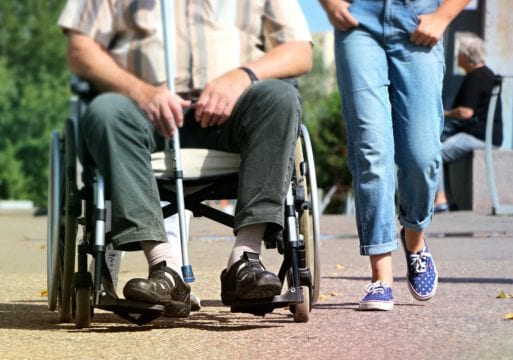
How elderly adults view themselves can be based on expectations formed years prior.
Most people want to be healthy, engaged and vibrant in old age — but many factors can prevent them from realizing this aim. Yet researchers say there is one influence people may have some control over: their beliefs.
A recent study from Oregon State University found that how someone perceives their future older self impacts how they perceive themselves in old age; in other words, their hopes or fears often come true. “How we think about who we’re going to be in old age is very predictive of exactly how we will be,” co-author Shelbie Turner, a doctoral student in OSU’s College of Public Health and Human Sciences, said in a Jan. 21, 2021, press release announcing the study. Examples of what participants identified as “hoped for” future selves included “a social person with a strong network of friends” and “a healthy, active person,” while “feared” selves included “chronically sick and in pain” and “a cranky, angry older woman.”
The study by Turner and co-author Karen Hooker, the Jo Anne Leonard Petersen Endowed Chair in Gerontology and Family Studies at OSU, looked at what influenced positive self-perceptions: specifically, self-efficacy, or the perceived ability to become a hoped-for future self and avoid a feared one; and a general sense of optimism. Greater optimism and self-efficacy were, unsurprisingly, associated with more positive self-perceptions of aging.
Influence of Old-Age Beliefs and Stereotypes on Health
Earlier research has suggested that older adults’ self-perceptions of aging, as well as the stereotypes of others, have significant influence on the aging process. Those with positive self-perceptions of aging have been associated with lower rates of hospitalizations and other desirable health outcomes, and have been shown to live 7.5 years longer than those whose perceptions of aging were more negative.
One of the barriers aging adults face to retaining a positive self-perception is stereotypes around older adults being bad drivers, having failing memories or being inactive, the researchers said. These thought patterns are even imbued in seemingly harmless jokes such as having a “senior moment” when forgetting something.
“The mind and the body are all interwoven,” Hooker said in the press release. “If you believe these bad things are going to happen, over time that can erode people’s willingness or maybe even eventually their ability to engage in those health behaviors that are going to keep them as healthy as they can be.”
One way to combat these negative beliefs around old age is to promote healthy intergenerational relationships, Turner said. In another approach, artists have explored senior activity, sexuality and connection to nature through photography to provide a positive view of older adults.

 Experience of Old Age May Be Driven by Beliefs
Experience of Old Age May Be Driven by Beliefs



 How Dare You Die Now!
How Dare You Die Now!
 Debating Medical Aid in Dying
Debating Medical Aid in Dying
 “Help Me, Helen”
“Help Me, Helen”














